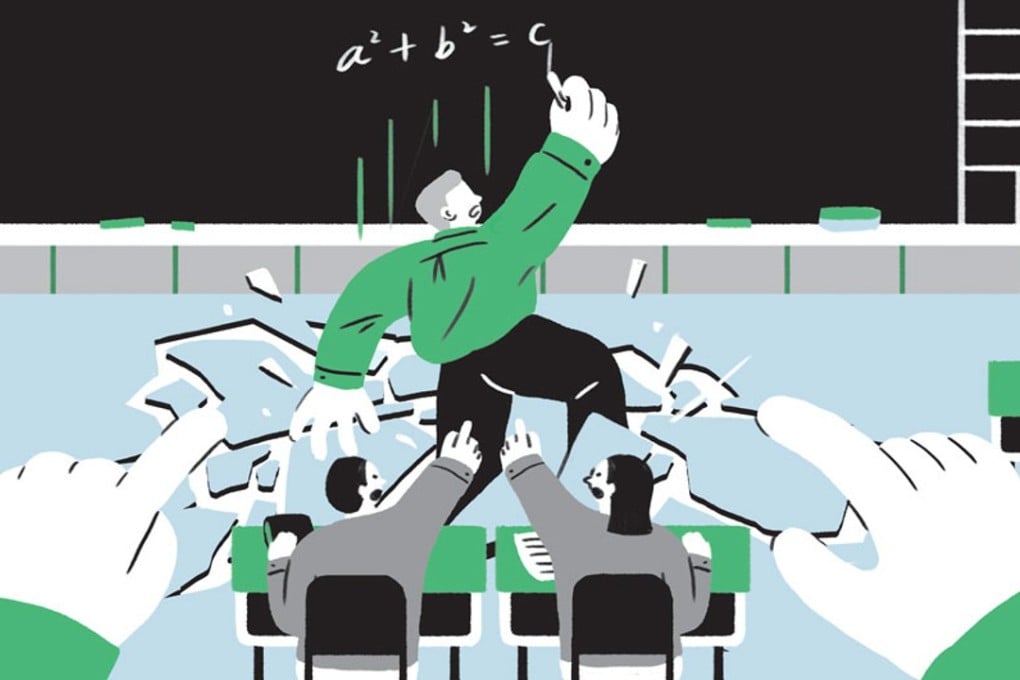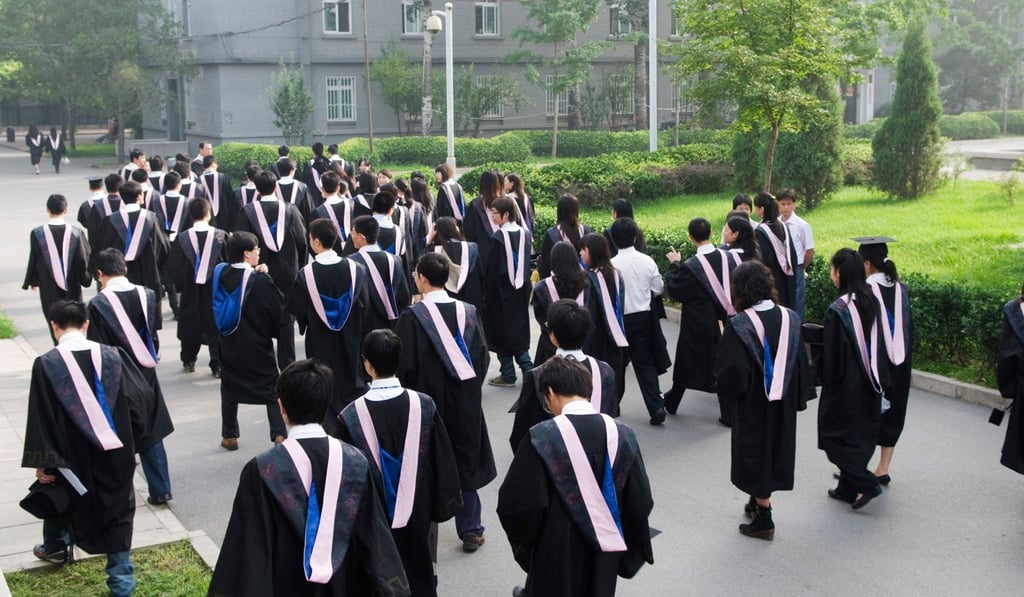Chill and fear in Chinese classrooms as students are recruited to report teachers with ‘radical’ opinions
- Several educators have been punished as the battle over political ideology intensifies on mainland campuses
- One teacher was demoted after discussing social issues such as the environment, gender equality and the death penalty

Outspoken teachers are treading on thin ice as a battle over political ideology intensifies on mainland Chinese campuses where students are being mobilised to monitor and report “radical” political views.
In the past three months, several professors and schoolteachers have been sacked or disciplined for “out of line” opinions.
The firings have raised concerns among education experts over what they described as a worsening trend of “stifling classroom free speech” that could lead to a lack of critical thinking in education.
Liang Xin, a teacher for more than 10 years at a top secondary school in eastern China, is among the educators affected. Last year, the popular teacher was demoted to school janitor after one of his own students turned on him.

Speaking recently to the South China Morning Post and using an assumed name for fear of retribution, Liang said he knew to steer clear of topics such as the Cultural Revolution, Tiananmen Square and dissident crackdowns. He said he did not know, however, that even discussing social issues could get him into trouble.
“I have been kept away from classrooms since then to avoid ‘misleading’ students,” Liang said. “My professional career is basically over. No other schools would dare to hire me as this negative record will stay in my files forever.”